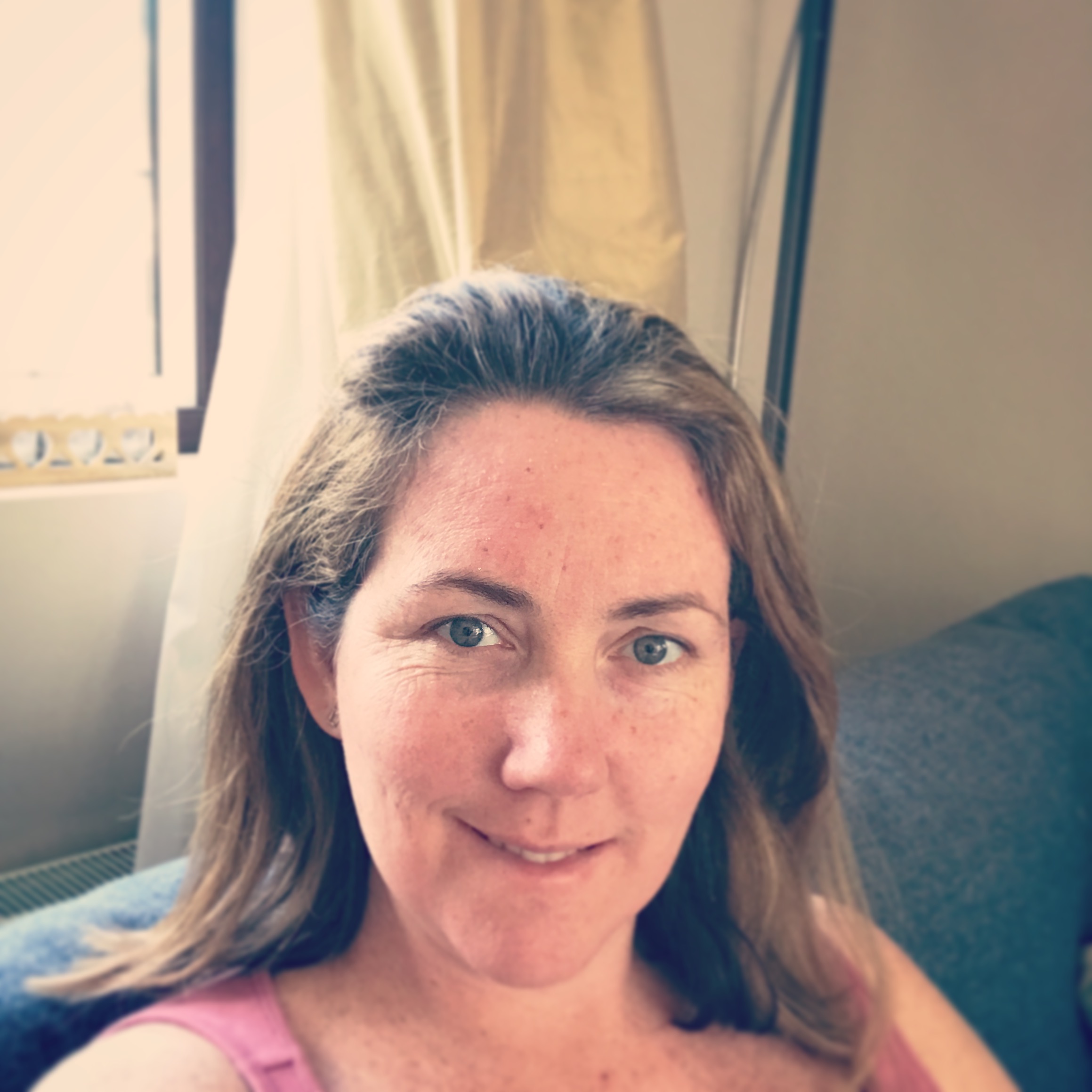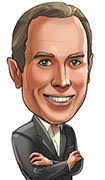Picture the scene. It is New Years Day, and as the lyrics from the song by U2 go, all is quiet. My husband and I have taken a drive 2 junctions north on the M5 to run in my brand-new car that he picked up for me from Castle Donington the day before. It is a while since I drove on the motorway, and I must think about all the things I have to do to ensure a safe journey while also keeping a strong eye on the antics of all the other drivers.
My husband chastises me because I don’t change lanes in time, I stay in the slow lane and I don’t anticipate what other cars are doing. When we stop at Morrisons to fill up with diesel I get so flustered because he is watching me that I go to pieces and have an autistic meltdown right in the forecourt. Of course, because I am out in public, I mask the meltdown internally and then when it comes to paying for my fuel at the pump, I completely forget my PIN number. Something as fundamental as that, something I use pretty much every day as I don’t like using chip and pin because I’m quite security conscious, and I completely forgot it. In the end my husband had to use his card.
I realise that the reason I went to pieces and had an autistic meltdown is because my husband was watching me. Whenever I am watched in any capacity, I feel like all eyes are on me and I must be pristine perfect in what I do, not put a foot wrong, not say anything wrong and be on my best behaviour. Trying to maintain this perfect personal whenever I am watched is exhausting and mentally my mind cannot stop chattering, and I worry sick about what people think of me when I am being watched.
This led me to a huge realisation – I hate being watched in any capacity and by anyone, no matter who they are. Whenever I am being watched I feel that I am being judged, that my abilities are being questioned and that everyone who watches me is laughing at me at how useless I am. When I am on my own the opposite is true, I am confident, feel like I can take on the world, I’m productive and I can achieve anything. I also don’t forget anything fundamental like my PIN number, it is second nature to me.
This isn’t something new, I realised I have been like this my whole life, especially in the workplace. The distraction of people watching me, the noise, the lights, the unnecessary chatter, the small talk, office politics, I hated it all. I worked in an office for years and I had to mask how I felt in order to survive in the workplace and in the office, and then in 2015 I changed to working full-time from home. It was like a lightbulb had gone off in my head, and this was the way I was born to work. Without people watching me, without judgement and without petty small talk. It was so liberating.
Some people find it very difficult to work from home. Procrastination is their friend, they find a million and one things to do such as putting the washing on and housework rather than actual work. Me, I’m the complete opposite. It will be the housework that will go on the low priority list over my work. Others pay to have someone watch them via a webcam to keep them accountable. I don’t need that at all.
There are various tools that help with collaboration when working remotely such as Zoom, Trello, Asana, Slack and many others. I use them all to keep in touch with my team and they are the key to my working remotely successfully. Some companies allow their staff to work remotely but use time tracking tools such as Time Doctor. I feel this creates an environment of mistrust between employees and companies, and studies have shown that those who are monitored in this way don’t stay at companies for very long.
For me, I know that being watched as someone who is #ActuallyAutistic sends me into a blind panic, a gibbering wreck and someone who comes across as completely incapable, when I am in fact very capable. Now that I understand this aspect of myself, I have pledged to work on it in 2019, acknowledge it and try to put some coping mechanisms in place to help me deal with it. I’ll write about how I get on with this in another article.
I would love to know what your thoughts are about being watched, especially in the workplace. Is it something you can cope with, or something you hate? Do you think you can learn to live with it and cope with it? I am determined to work on it and try to find some ways to cope with all eyes being on me, at work and in other areas of my life.
If you have a story or insights linked to Neurodiversity which you would like to share, then please get in touch.


